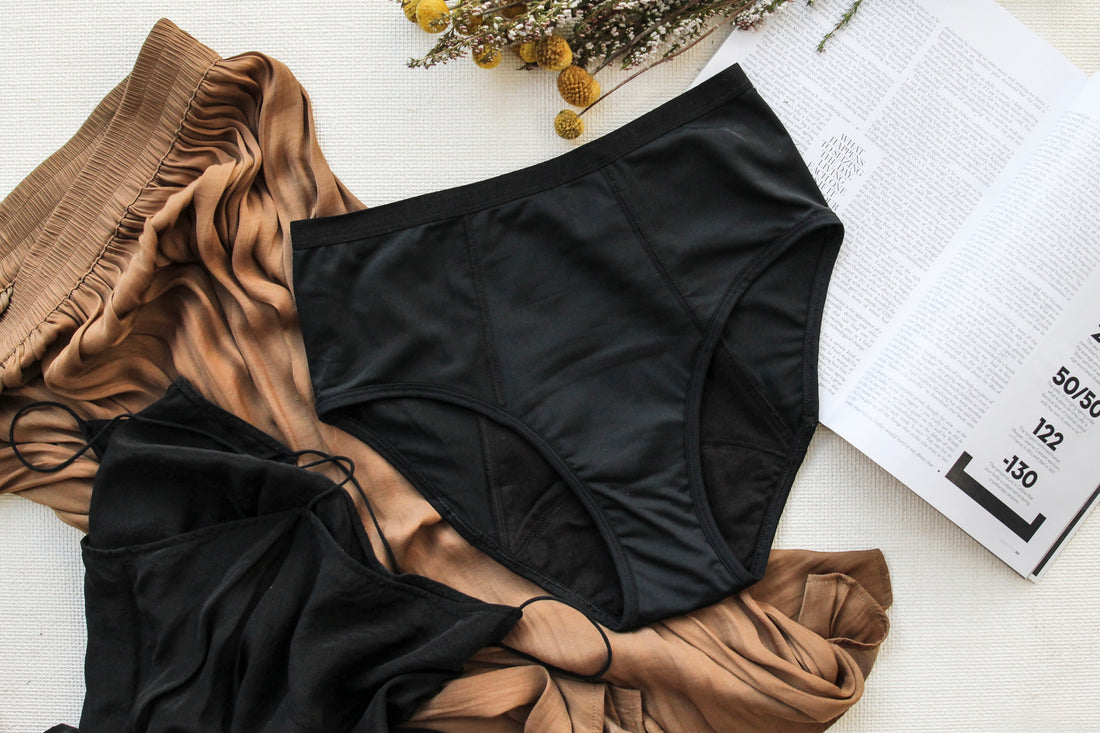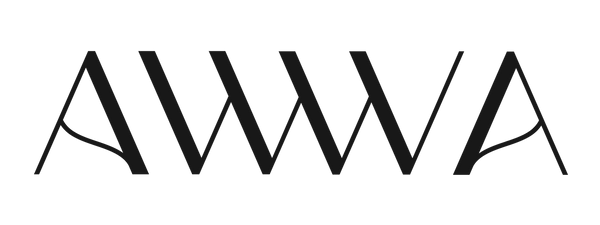
Switch to Waste Free periods for Plastic Free July!
Periods can be kind to the planet... with period underwear!
The $3 billion period industry creates enormous amounts of waste globally. Tampons and pads are single-use 'disposable' products, and Kiwi women use 11,000 - 17,000 single use period products like pads and tampons in a lifetime.
Over 45 billion tampons or sanitary pads are used annually - creating 32,000 tonnes of plastic heavy waste.
In the United States alone, approximately 12 billion pads and 7 billion tampons are discarded each year. While many of these products end up in a landfill, others clog sewers or contribute to the staggering amount of plastics in our oceans. 1.5 billion period items are flushed every year. In one day, Ocean Conservation volunteers collected 27,938 used tampons and applicators on our world’s beaches.
Even though the physical waste from 'disposable' period products is horrendous, the largest impact on the environmental impact of tampons and pads occurs during production, as the energy intensive manufacture of LDPE producing devastating fossil fuel emissions. The Royal Institute of Technology in Stockholm states that the largest impact on global warming is caused by the processing of LDPE - for tampon applicators and in pads... In science talk, a year’s worth of a typical period product use leaves a carbon footprint of 5.3 kg CO2 equivalents.

Plastic-heavy single-use period products suck
Sanitary pads in generate huge amounts of plastic waste as one pad contains the same amount of plastic as four supermarket plastic shopping bags! 90% of the material in a sanitary pad - backing strips and wrappers - is plastic.
Tampons are individually wrapped in plastic, and applicator tampons are even more wasteful with teeny plastic applicators included for each tampon. Swapping tampons every 2-4 hours means a lot of plastic in the bin!
The manufacturing processes for both pads and tampons cause horrific damage to the environment too, through use of toxins, pesticides and more plastic waste.
What about toxins in tampons & pads?
Toxins in period products
Period products can contain dioxins from bleach (dioxins are carcinogens, hormone disruptors, linked to endometriosis and can affect the body at very low levels), and neuro-toxic or hormone disrupting synthetic fragrances.
Period product manufacturers aren’t required to tell you what’s in their products by law, and tampons in particular come in contact with some of the most sensitive and absorbent tissue in our bodies.
Toxins in period product manufacture
Toxic chemicals are used as pesticides on the cotton used in tampons and pads, and cotton growers use some of the world's most hazardous pesticides, which have been linked to infertility, neurological dysfunction and developmental defects.
All these chemicals are packaged and delivered in large plastic containers which are then dumped as they can't be recycled. Oh, and making those containers causes more pollution too.... and toxic pollution if they are burned, releasing chemicals like hydrochloric acid, sulfur dioxide, dioxins, furans and heavy metals, as well as particulates that clog the air.
Each period product creates (and absorbs) toxic waste when it is manufactured, as the process uses toxic materials such as benzene and vinyl hydrochloride.
When 'Cotton' is 27% not cotton
100% cotton products are normally only 73% cotton. The other 27% is a cocktail of chemicals, pesticides, resins, and binders used in the farming and manufacturing processes.
Take a stand against waste & pollution
It's so easy to cut your environmental impact and take great care of your body. Try AWWA period underwear - you may be surprised how comfortable and convenient (and cost effective!) it is to switch to a sustainably managed period.

